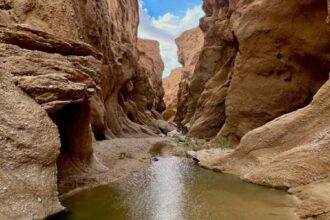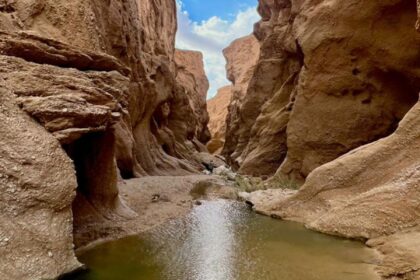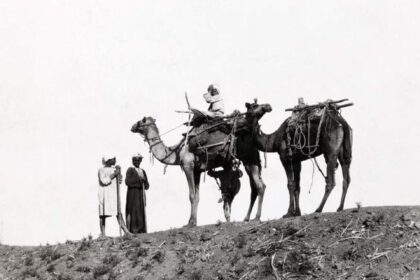The second meeting of Achaemenid Cyrus from legend to reality was held.
The head of the Research Institute of Cultural Heritage and Tourism emphasized that people can be informed about the subject of Achaemenid Cyrus with a scientific perspective and archaeological excavations.
Today, Cyrus has either fallen into the hands of his deniers or into the hands of extremists. While Cyrus is a capital for the national unity of the country that should not be ignored.
Mustafa Deh Pahlvan at the second meeting “Achaemenid Cyrus from legend to reality: in the light of historical documents; Archaeological and Linguistic Researches” said:
Today, the issue of Cyrus and other issues have become inappropriate and unnecessary sensitivities in the country. Cyrus today has either fallen into the hands of his deniers or into the hands of extremists with sinister goals. Cyrus is an honor and a great pillar for national unity, and we should not ignore this cultural, historical and religious capital and explain Cyrus with a scientific perspective for the youth and the world and tell who he was and why he is important.
Deh Pahlavan said:
Cultural Heritage and Tourism Research Institute should be a think tank and a place for thinking these days, a place that proactively enters into the challenging historical issues of Iran in historical situations and provides the necessary grounds for the protection of the country’s cultural heritage. I hope that next year we will be able to hold the third round of this meeting with a scientific perspective in Marvdasht (Pasargad and Persepolis).
The head of the Research Institute of Cultural Heritage and Tourism asked why Pasargad (Achaemenid Cyrus Mausoleum) and Persepolis should be closed on the seventh day of Aban.
With a scientific view and archaeological excavations, people can be informed about the subject of Cyrus. Cyrus is a capital for the country’s national unity that should not be ignored.
Jibraeel Nokandeh, head of the National Museum of Iran, referring to the personality dimensions, historical position and role of Cyrus in presenting a humanitarian perspective from a lesser-known aspect, said:
In the conquest of Babylon, Cyrus did not seek war and hold grudges, but he did this war to establish peace, he freed captives from slavery, honored rituals, local and national gods, and the defeated, and tried to establish peace in the region, a lesson that can be learned today from This event took history and taught everyone that in this geography, we should prioritize coexistence despite our differences, and if war happens for any reason, the ultimate goal should be peace.
In the first expert panel of this meeting, Shahrokh Razmjo, a professor at Tehran University, spoke on the topic “Marduk or Yahweh?” Discussed the reflection of the cylinder of Cyrus in the book of Isaiah. Also, Nasrullah Pour Javadi, Professor of Persian Language and Literature Academy discussed “Greek and Achaemenid Philosopher: Can Cyrus the Great be an example of Plato’s wise king?” ” brought up Kamiyar Abdi, an archaeologist and a member of the academic faculty of Shahid Beheshti University, Nabz, examined the title “The influence of Westerners on the thought of Cyrus the Great” and Morteza Rizvanfar, a member of the academic faculty of the Research Institute of Cultural Heritage and Tourism, explained “the field research of the Zul-Qarnain Wall (Doomsday Wall) in Darband” Russia paid.
RCO NEWS


















